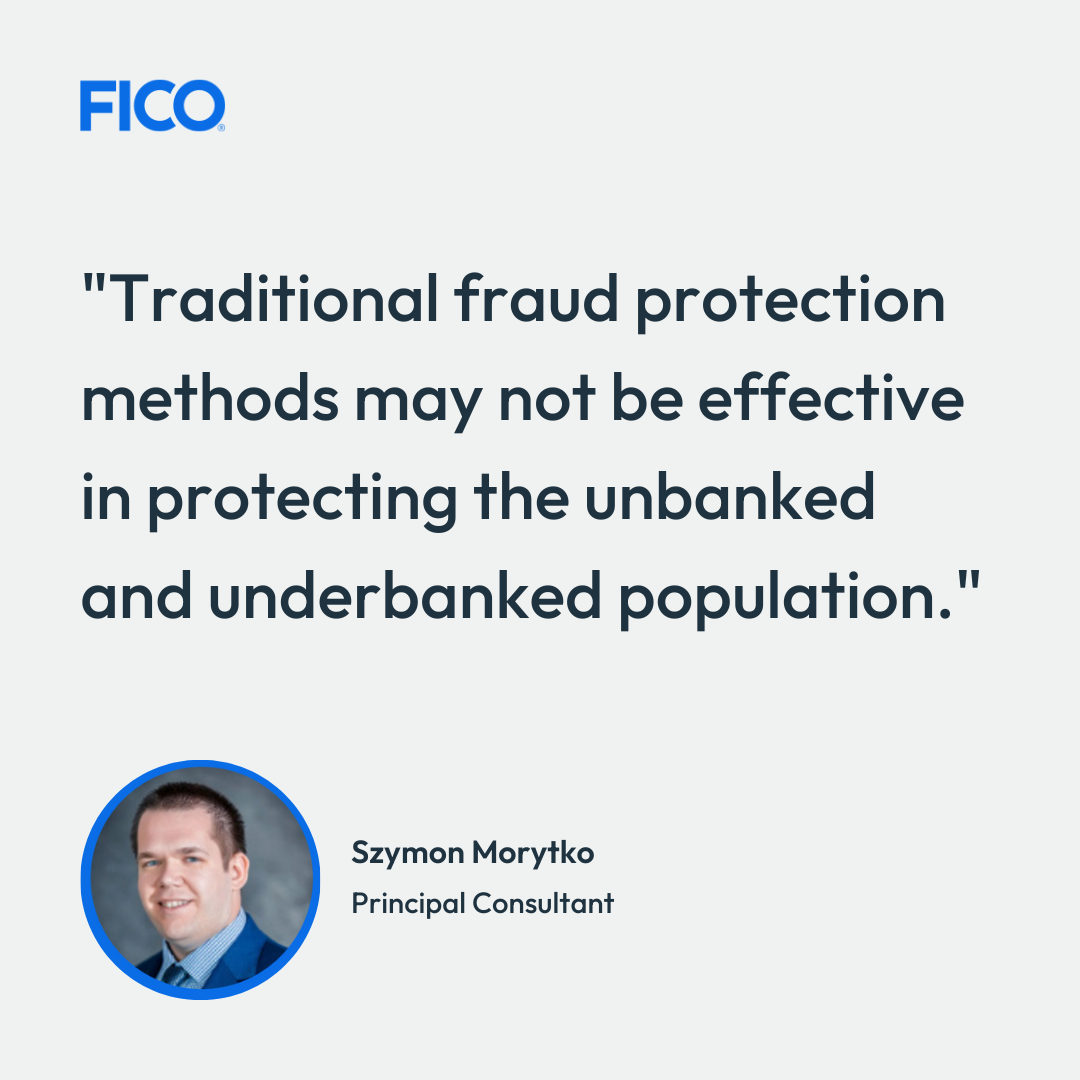[ad_1]
A whole lot of thousands and thousands of kilos in unpaid payments are threatening components of a care trade already stretched by a recruitment disaster and rising wages, in accordance with analysis by the Institute of Well being and Social Care Administration (IHSCM).
One firm, which has 60 care employees, mentioned it had stopped working with the council or folks funded by the NHS as a result of “there’s a excessive threat of monetary failure as a result of you possibly can’t pay the payroll”.
Caroline Southgate, the managing director of the Doris Jones care company, mentioned: “In the event that they don’t tackle this they’re by no means going to handle their discharge downside within the NHS. We have now had folks die and have been chasing the NHS for a yr and a half for the cash.”
Multiple in 5 house care suppliers surveyed mentioned they feared the collapse of their enterprise within the subsequent six months due to unpaid payments.
Greater than £679m owed to house care suppliers in England has been excellent for greater than 30 days, the IHSCM estimates, of which £567m pertains to delayed funds by native authorities and £112m is to do with delayed funds from NHS built-in care boards for persevering with healthcare companies.
Greater than 60% of respondents mentioned that they had not less than a number of bill nonetheless unpaid after six months.
Regarding development of late fee
Adam Purnell, the director of social care on the IHSCM, mentioned: “These findings are indicative of a deeply regarding development that can not be ignored. The influence of delayed funds goes far past mere statistics; it cripples care suppliers who’re already dealing with immense challenges from insurance coverage prices, rising power payments and workforce shortages.”
There are 152,000 social care vacancies in England, figures present, regardless of rising demand from an ageing inhabitants with more and more specialised care wants.
Jane Townson, the director of the Homecare Affiliation, mentioned: “Late fee of invoices by NHS built-in care boards and native authorities is a critical challenge, threatening the monetary viability of house care suppliers. Some have spent months combating for 1000’s of kilos owed for care delivered, being pushed from pillar to submit with out decision. There isn’t a doable excuse for this.”
Delays in Council funds to Dwelling care suppliers
A spokesperson for the Native Authorities Affiliation, which represents councils, mentioned: “Councils proceed to work intently with grownup social care suppliers within the non-public and not-for-profit sector and are aware of the monetary pressures they’re underneath. Councils do all they will to keep away from exacerbating these pressures.
“Processing funds on the scale that councils do means there are inevitably complexities which may generally trigger delays, similar to when required info in an bill isn’t given. A overwhelming majority of funds made by native authorities are appropriate and on time. Councils have completely no deliberate intention to pay late.”
The cashflow issues threaten to elongate the in depth ready lists for social care. Regardless of an enchancment for the reason that pandemic, 430,000 folks have been ready to entry care on the finish of March, ensuing within the continued deterioration of the well being and wellbeing of 1000’s of individuals awaiting assessments.
The scarcity of social care creates blockages within the NHS. About 12,000 folks in England await discharge from hospital beds they not want, NHS knowledge reveals, with entry to care at house a significant downside.
Not been paid by the NHS
Dwelling care suppliers are usually not the one sort of enterprise to be affected. Many kinds of suppliers to the NHS and Councils are being pressured to attend for fee or are usually not being paid in any respect.
Care properties have additionally seen an increase in unpaid care house charges.
[ad_2]
Source link










